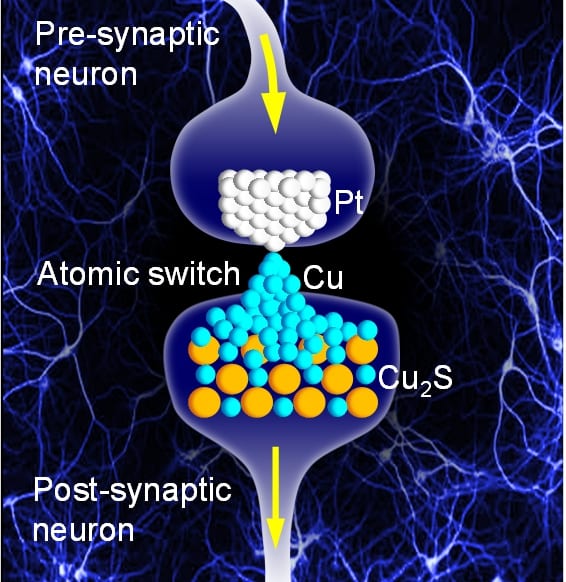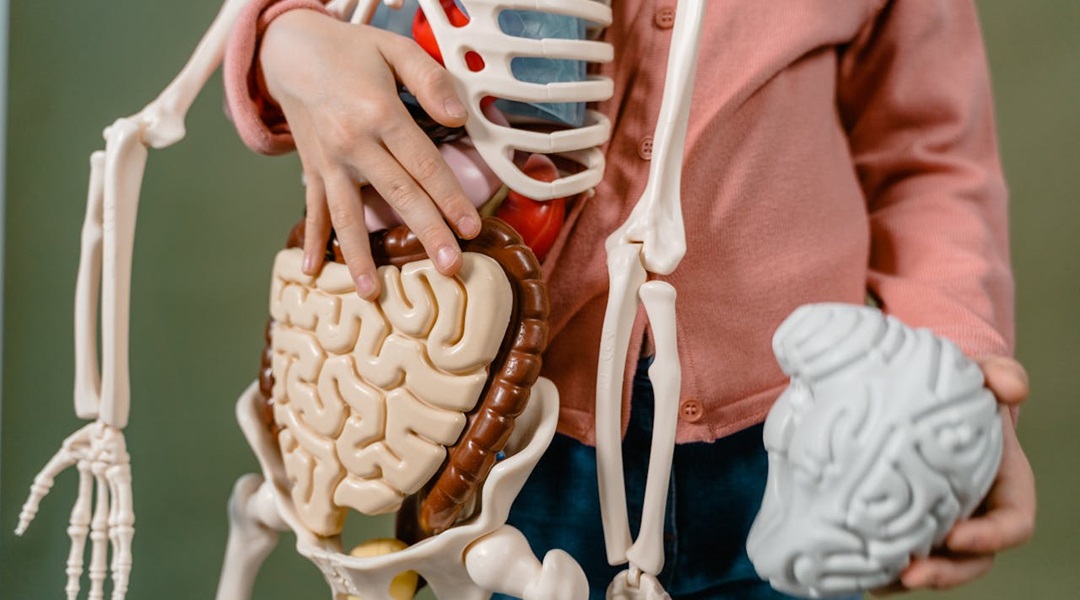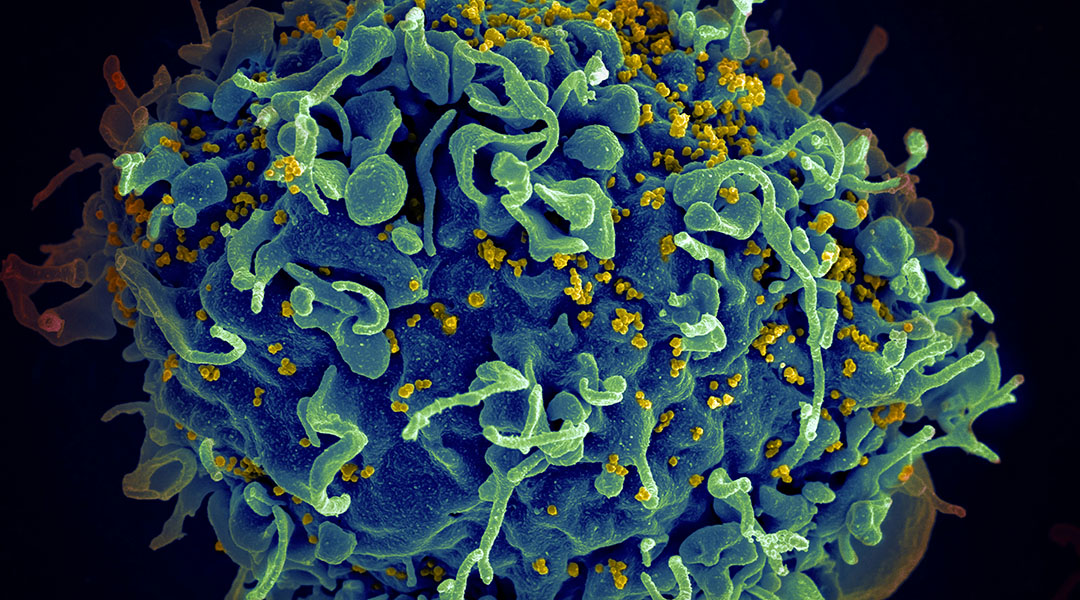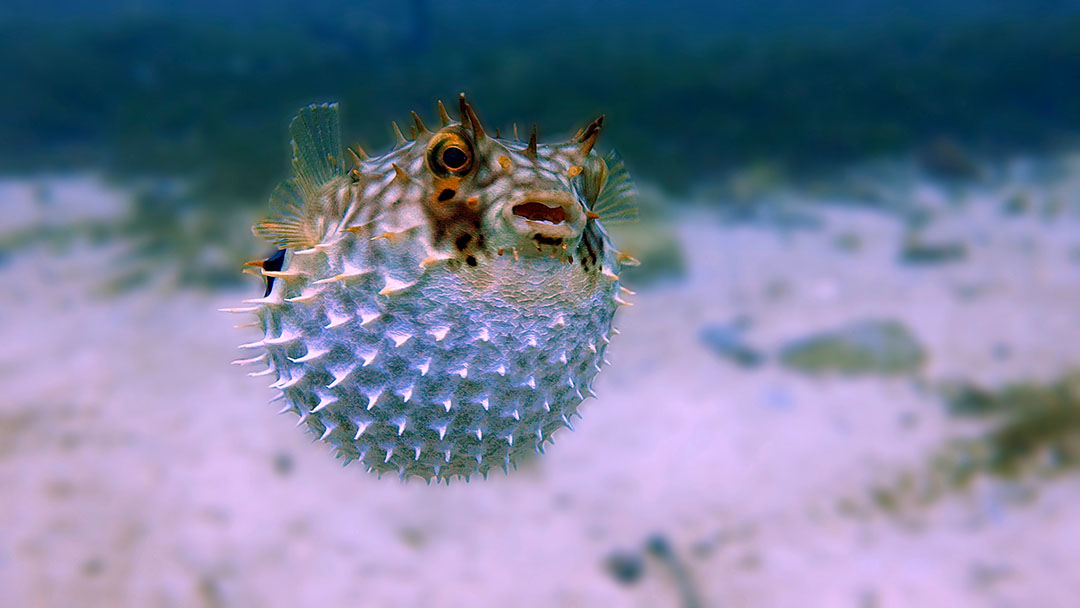A new nanodevice has been developed, intended to reproduce the behaviour of a human synapse.


A new nanodevice has been developed, intended to reproduce the behaviour of a human synapse.

Researchers at the University of Michigan have developed a new system that uses dye-loaded nanoparticles to tag brain tumors for removal.

Obesity changes gut microbiota, causing immune cells to age prematurely and secrete a protein which weakens bones

The flexible and foldable 3D probes were surprisingly durable when inserted into brain tissue to map the deep functioning of neurons.

Scientists created flexible probabilistic bits from custom polymers, offering a new, energy-efficient path for AI and machine learning using classical physics.

Scientists have identified key biomarkers linked to immune and metabolic dysfunction in people with HIV on long-term antiretroviral therapy.

Scientists have developed a marker pen to deliver tetrodotoxin, a powerful neurotoxin found in pufferfish, to treat severe skin pain.

Study finds that speaking multiple languages may improve executive functioning and reduce autism symptoms in children.

New drug reverses fentanyl overdoses by targeting opioid receptors outside the brain, avoiding withdrawal caused by traditional treatments.

Scientists find unique combinations of oral microbes can help identify states of stress in pregnant individuals.